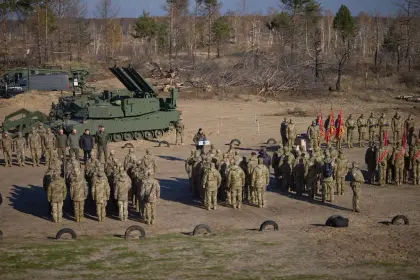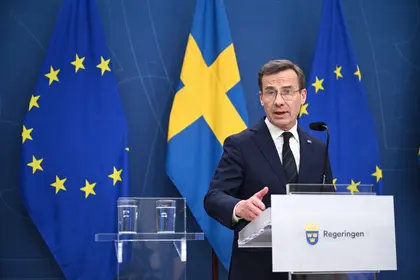At the Alliance’s next meeting, NATO officials are not planning to discuss member-states training Ukrainian servicemembers inside Ukraine’s borders, despite an invitation from Kyiv’s Foreign Minister and ensuing speculation, according to a report Friday, April 5 from the Ukrainian news site European Pravda.
“At the moment, this is not on the agenda,” an unnamed NATO official tells European Pravda. “And let me add that there are currently no plans to send troops to Ukraine in any shape or form,” the official is reported saying.
JOIN US ON TELEGRAM
Follow our coverage of the war on the @Kyivpost_official.
Meanwhile, Polish Prime Minister Donald Tusk has warned of the “real” threat of continental conflict in Europe, saying March 29 that for the first time since the end of World War II Europe has entered a “pre-war era.”
“Those who say ‘let’s not support Ukraine’ do not make the choice of peace, they make the choice of defeat,” Macron said.
French President Emmanuel Macron has repeatedly refused to rule out sending troops to help Ukraine fight Russia’s full-scale invasion, which has been ongoing since February 2022.
“Those who say ‘let’s not support Ukraine’ do not make the choice of peace, they make the choice of defeat,” Macron said on French TV on March 14.
NATO member France’s stern stance against Russian aggression has raised hackles there, where Russian talking heads have openly discussed bombing Paris.
In a phone call Wednesday between the countries’ foreign ministers, Russia’s Sergei Shoigu, made what Macron called “bizarre and threatening” suggestions that France was linked to the Islamic State’s terrorist attack on Crocus City Hall on March 22.

Europe Needs a Plan B, and C on Trump and Russia
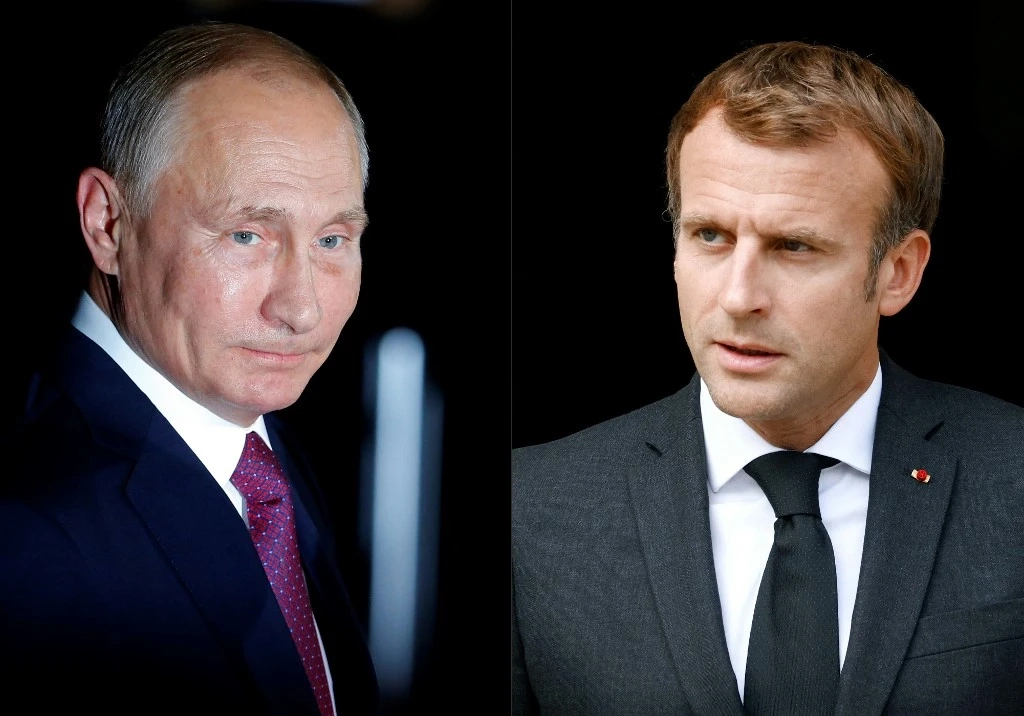
Russia has similarly accused prospective NATO member Ukraine of being behind the attacks, a claim repeatedly rubbished in the West.
In comments to Kyiv Post, a representative of Ukraine’s Main Intelligence Directorate (HUR) said that the best revenge for the terrorist attack at Crocus City Hall would be “the overthrow of [Russian President Vladimir] Putin’s criminal regime, which did not protect its own citizens, or was involved…”
The United States – which will host the next NATO summit meeting on July 9-11 in Washington D.C. – had informed Russian authorities two weeks in advance of the possibility of a terrorist attack taking place at Crocus City Hall – but three days before the attack, Russian leader Vladimir Putin had dismissed the US Embassy warning that: “extremists are planning to attack large crowds in Moscow, including concerts,” saying the warnings were simply a provocation to undermine him and his regime.
Other areas of cooperation
The European Pravda source did say that there are other areas of military and political cooperation that NATO could pursue with Ukraine.
At a NATO foreign ministers meeting in Brussels on Wednesday, outgoing NATO chief Jens Stoltenberg floated the idea of creating a €100 billion ($108 billion) five-year fund to aid Ukraine.
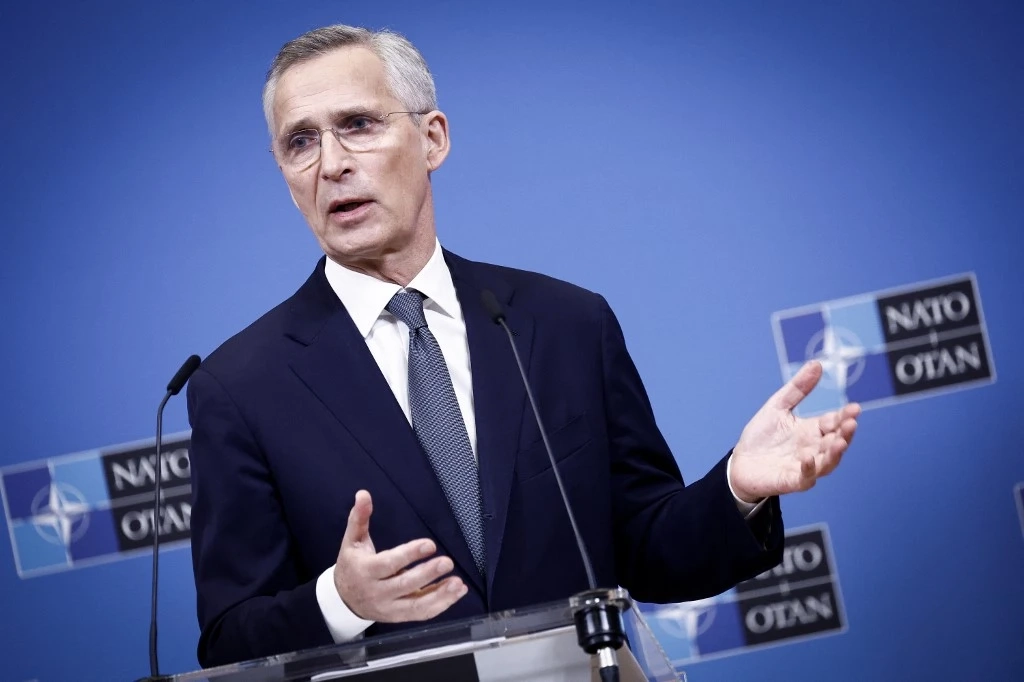
“We must ensure reliable and predictable security assistance to Ukraine for the long haul so that we rely less on the voluntary contributions and more on NATO commitments, less on short-term offers and more on multi-year pledges,” he said – remarks coming against the backdrop of delays in a $60 billion Ukraine aid bill in the US Congress and uncertainty about what would happen were NATO-critic Republican presidential candidate Donald Trump to win victory in November.
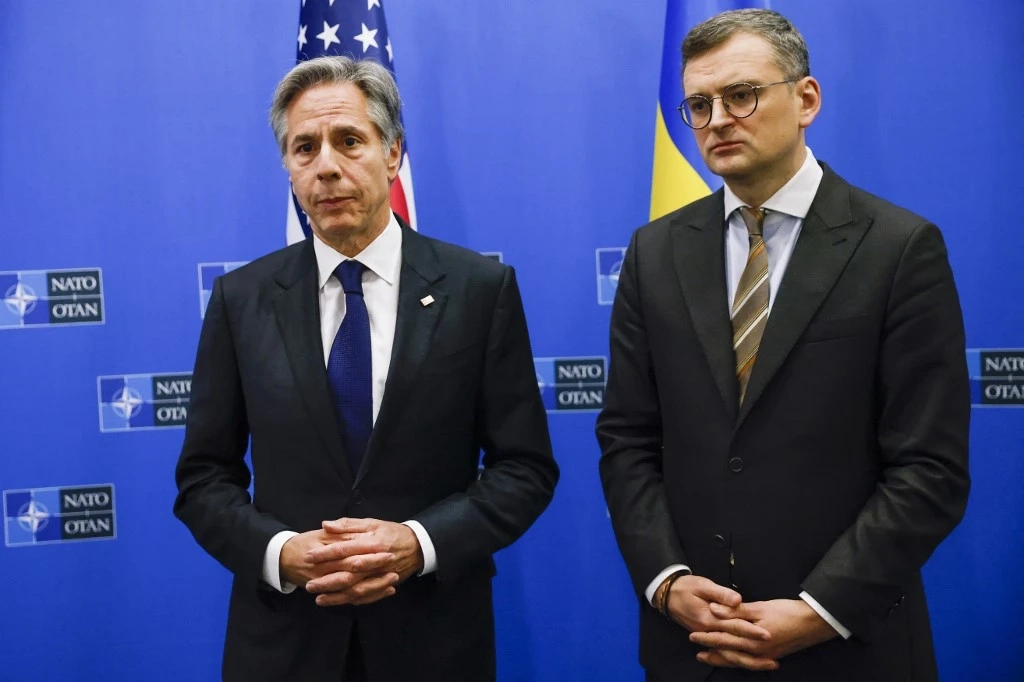
On Thursday, April 4, US Secretary of State Antony Blinken said that Washington is confident that Ukraine will eventually join NATO, without a specific timeframe, during a meeting with Ukrainian Foreign Minister Dmytro Kuleba in Brussels marking the 75th anniversary of the Alliance.
You can also highlight the text and press Ctrl + Enter


